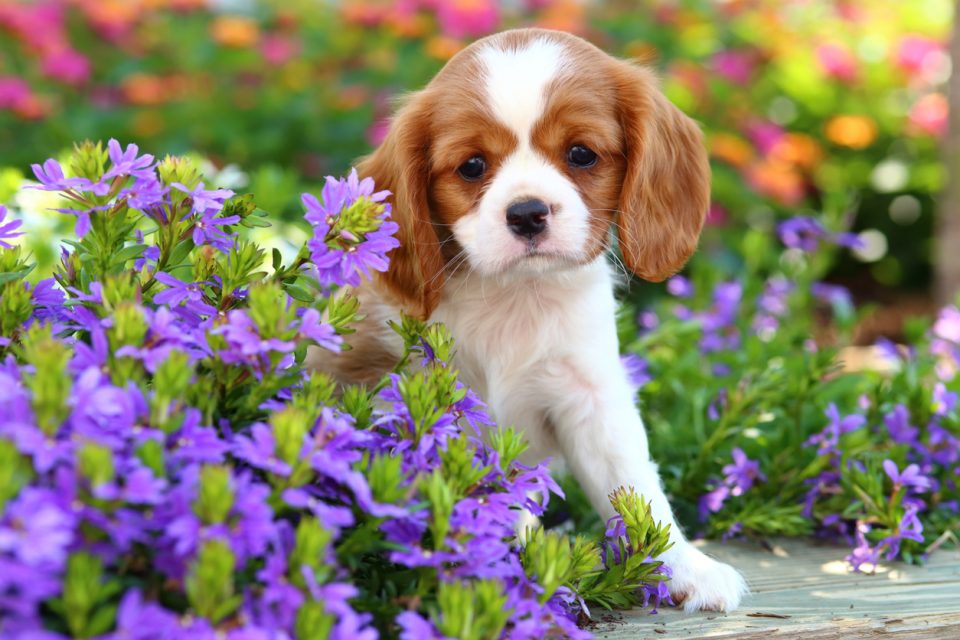By Family Features | Contributor
If you have pets that enjoy spending time outdoors, it’s important to make sure your yard is a safe place for them to be.
Consider these hazards that can negatively impact the well-being of your furry friends.
Poisonous Plants – Some common plants can be dangerous for animals, causing anything from mild oral irritations and upset stomachs to cardiovascular damage and even death. For example, these are some of the toxic plants the American Society for the Prevention of Cruelty to Animals (ASPCA) has identified as harmful for either cats or dogs:
- Aloe – can cause vomiting, diarrhea, tremors, anorexia and depression
- Azalea – can cause vomiting, diarrhea, hypersalivation, weakness, coma, cardiovascular collapse and death
- Burning bush – can cause vomiting, diarrhea, abdominal pain and weakness, as well as heart rhythm abnormalities with large doses
- Caladium – can cause burning and irritation of the mouth, tongue and lips, excessive drooling, vomiting and difficulty swallowing
- Daylilies – can cause kidney failure in cats
- Hibiscus – can cause vomiting, diarrhea, nausea and anorexia
Mulch and Compost – The decomposing elements that make compost good can be bad for pets, according to the National Garden Society. Keep compost in a secure container or fenced off area so pets can’t get to it. Cocoa mulch can be a particular problem for dogs. A byproduct of chocolate production, cocoa mulch can cause digestive problems and even seizures in dogs. Shredded pine or cedar mulch is a safer choice.
Fertilizer and Insecticides – The chemicals used to get rid of pests or make your lawn lush can be toxic to pets. Some of the most dangerous pesticides include snail bait with metaldehyde, fly bait with methomyl, systemic insecticides with disyston or disulfoton, mole or gopher bait with zinc phosphide and most forms of rat poison, according to the ASPCA. Follow all instructions carefully, and store pesticides and fertilizers in a secure area out of the reach of animals.
Fleas and Ticks – In addition to using appropriate flea and tick prevention methods such as collars and sprays, make sure your yard isn’t a welcoming environment for these pests. Keep the lawn trimmed and remove brush and detritus, where fleas and ticks often lurk. Fleas can cause hair loss, scabs, excessive scratching, tapeworms and anemia. Ticks can do all of that, plus bring you and your family in contact with diseases like Rocky Mountain spotted fever and Lyme disease.
Find more tips for keeping pets safe in your yard at eLivingtoday.com.


